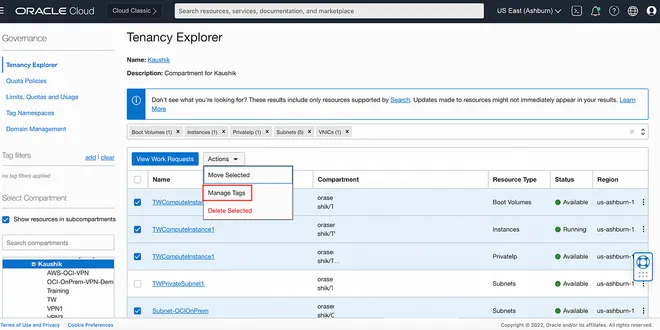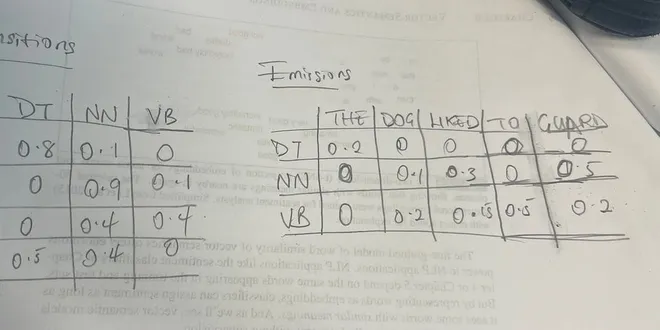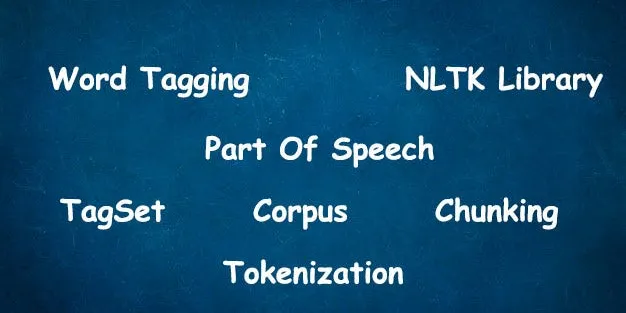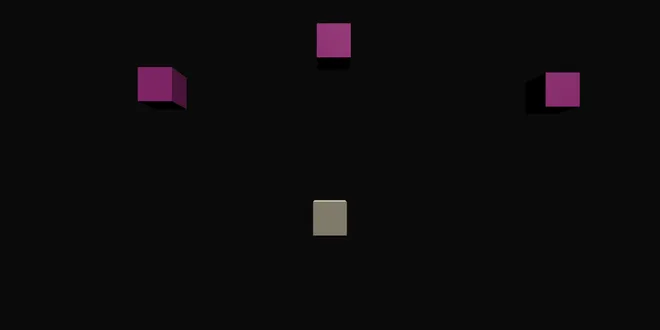Tagging

How to train a Topic Tagging model to assign high-quality topics to articles
Topic Tagging is the process of assigning topics to the content of various forms, the most spread being text. We commonly see articles tagged in newspapers by the authors as a form of organizing…
📚 Read more at Towards AI🔎 Find similar documents

Oracle Cloud (OCI) — Bulk Tagging Cloud Resources
Tagging is a valuable tool. When you’re working with cloud resources you typically prefer to keep your resources “Tagged.” Why?With tagging, you associate your cloud resources with extra data, so that...
📚 Read more at Oracle Developers🔎 Find similar documents

Semi-Supervised Face Tagging
Auto Face Tagging is when you click a new picture from your phone and upload it to social media and it is able to recognize the person’s in that image and suggests you to tag them. It is widely seen…
📚 Read more at Towards Data Science🔎 Find similar documents

Part Of Speech Tagging for Beginners
Part-of-speech (POS) tagging is a popular Natural Language Processing process which refers to categorizing words in a text (corpus) in correspondence with a particular part of speech, depending on…
📚 Read more at Towards Data Science🔎 Find similar documents

Implementing Part of Speech Tagging for English Words Using Viterbi Algorithm from Scratch
Part of speech tagging is the process of assigning a part of speech to each word in a text, this is a disambiguation task and words can have more than one possible part of speech and our goal is to…
📚 Read more at Towards Data Science🔎 Find similar documents

Part of speech - Word Tagger
The process of classifying words into their parts of speech and labeling them accordingly is known as part-of-speech tagging or POS-tagging, or simply tagging. The part of speech explains how a word…
📚 Read more at Towards Data Science🔎 Find similar documents

5. Categorizing and Tagging Words
Back in elementary school you learnt the difference between nouns, verbs, adjectives, and adverbs. These "word classes" are not just the idle invention of grammarians, but are useful categories for ma...
📚 Read more at Natural Language Processing with Python🔎 Find similar documents

Part of Speech Tagging with Hidden Markov Chain Models
Part of Speech Tagging (POS) is a process of tagging sentences with part of speech such as nouns, verbs, adjectives and adverbs, etc. Hidden Markov Models (HMM) is a simple concept which can explain…
📚 Read more at Towards Data Science🔎 Find similar documents

Our Tags
Our most frequently used tags are listed below. If you’d like to search for a particular tag, you can do that by going to http://towardsdatascience.com/tagged/[tag] and replacing [tag] with the term…
📚 Read more at Towards Data Science🔎 Find similar documents

Using the Tag System in Unity and Damaging the Player
Tags are a super helpful system in Unity that makes it easy for us to tell which objects are interacting with each other, and HOW they should interact within our code. Using the Tag system is simple…
📚 Read more at Level Up Coding🔎 Find similar documents

Automated movie Tagging- A Multiclass classification problem
Tagging of movies reveals a wide range of heterogeneous information about movies, like the genre, plot structure, soundtracks, metadata, visual and emotional experiences. That information can be…
📚 Read more at Towards Data Science🔎 Find similar documents

Semantic Tagging: Create Meaningful Tags for your Text Data
Fine-tuning Large Language Models with Identity Preference Optimization to enhance the semantic alignment of textual tags. Photo by Angèle Kamp on Unsplash Introduction Textual information can be fou...
📚 Read more at Towards AI🔎 Find similar documents

